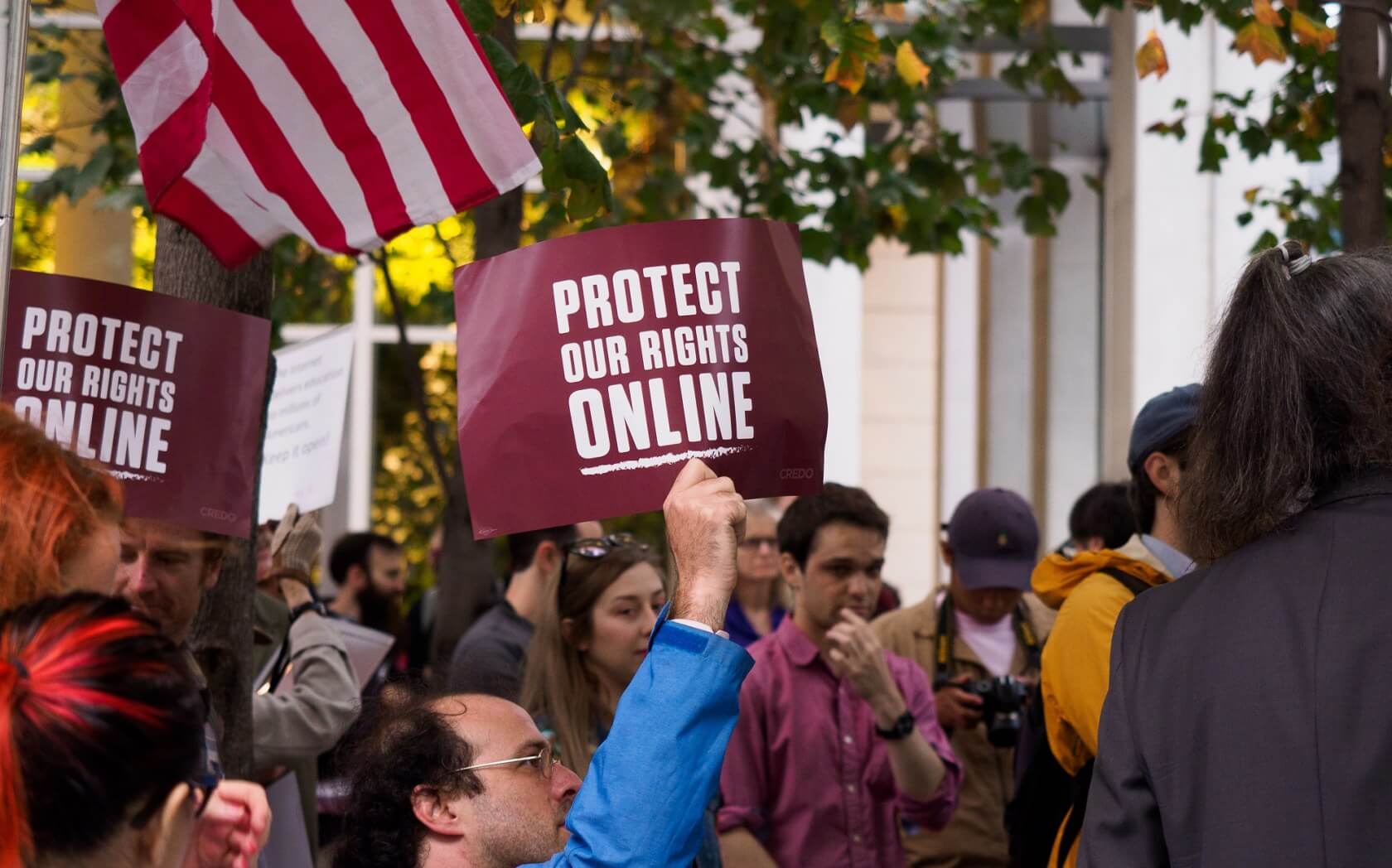A hot potato: After the battle over net neutrality was lost, California bravely decided to take the matter into their own hands and craft what is known as the ‘golden standard net neutrality bill’. Following hot on their heels was the Department of Justice at the direction of the FCC plus a coalition of powerful telecom companies. They joined forces and through a lawsuit, brought development of the bill to a crawl. Now, California Attorney General Xavier Becerra has bitterly signed an agreement with them to delay the release of the bill, until a separate lawsuit against the FCC is concluded.

The lawsuit against the FCC is led by Mozilla and the Attorney Generals from 22 states, and their goal is to reverse the FCC’s decision to remove net neutrality on the grounds that the FCC does not legally have the power to make such a decision. That case, which is in the US Court of Appeals in the Washington DC Circuit, is months ahead of the one against California. Importantly, if the judge in that case finds that the FCC was erroneous in removing net neutrality, then California needn’t introduce their own bill. If the result is in the FCC’s favour, however, then it will be harder for California to introduce their bill. It makes sense why California’s bill is being delayed, but it’s still sad to see. It was originally going to come into effect at the start of next year.
Becerra promises that he’s just as committed as ever to net neutrality. "Every step we take, every action we launch is intended to put us in the best position to preserve net neutrality for the 40 million people of our state," he said. "We are fighting the Trump Administration's attempt to repeal net neutrality in the DC Circuit Court and we will vigorously defend California's own net neutrality law."
Unfortunately, this set back could take a long time to resolve. The best-case scenario, where the Court of Appeals decides in favour of net neutrality, still might not result in net neutrality being restored. The Trump administration could decide to take it to the Supreme Court and drag the process on for several more years. If the FCC wins in the Court of Appeals, then California still has a long battle with the lawsuit against it.
FCC Chairman Ajit Pai is pleased with the delay – which is a bad sign. He seems to be expecting the Court of Appeals to side in his favor.
California state Senator Scott Wiener, who wrote the ‘golden standard net neutrality bill’ himself, is confident that somehow California will win in the end.
"After the DC Circuit appeal is resolved, the litigation relating to California's net neutrality law will then move forward. Particularly in light of the Trump Administration's decision to end federal net neutrality protections, California has the power — indeed, the responsibility — to protect access to the internet by our residents, businesses, first responders, healthcare providers, and others. This fight is about protecting the health, safety, and vitality of our state.
Net neutrality ensures open access to the internet and guarantees that each of us can decide for ourselves where to go on the internet, as opposed to internet service providers making that decision for us. I look forward to successful litigation on this issue and to the restoration of strong net neutrality protections in our state. "
The agreement between California and the Department of Justice and the coalition of Telecoms still requires a judge to sign off on it, but there’s little doubt they will. Even if you don’t live in California, there are so many people and organizations fighting on your behalf, so support them and don’t give up on net neutrality.
https://www.techspot.com/news/77134-california-net-neutrality-law-has-put-hold.html